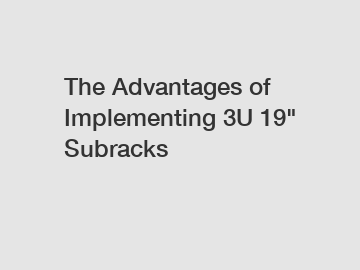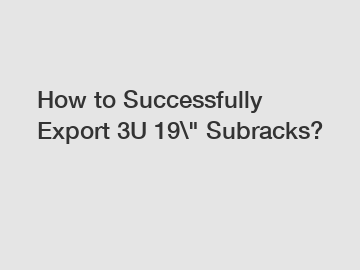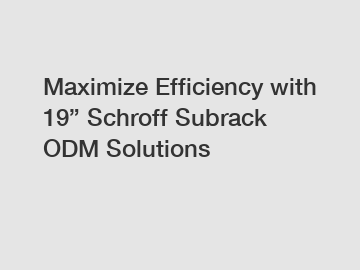10 Facts You Should Know about Energy-Efficient Heat Pumps
10 Facts You Should Know about Energy-Efficient Heat Pumps
- What is a heat pump?
A heat pump is a device that transfers heat from one place to another. It can both heat and cool your home by moving heat indoors or outdoors, depending on the season.
- How do heat pumps work?
Heat pumps operate using a refrigerant, a fluid with a low boiling point. It evaporates and absorbs heat when it flows inside the home in winter, and condenses, releasing heat when it moves outside in summer.
- Are heat pumps energy-efficient?
Yes, heat pumps are highly energy-efficient. They can produce three to four times more energy than they consume, leading to lower utility bills compared to traditional heating systems.
- What are the benefits of using heat pumps?
Advantages include reduced energy costs, lower carbon emissions, and dual functionality for both heating and cooling, making them versatile for any climate.
- Are heat pumps suitable for cold climates?
Modern heat pumps have improved to work efficiently in colder temperatures, but some models perform better than others. It's essential to choose one designed for your local climate.
- How much can I save with a heat pump?
Energy savings can vary, but many users report savings of 20-50% on heating and cooling costs after switching to a heat pump.
Additional resources:
How Does a Solar Panel System Work? - What is the lifespan of a heat pump?
The Backbone of Construction: Exploring Piledriving Machinery
Unleashing the Power of Lever Blocks: An Essential Tool for Heavy Lifting
How to Select Oil-free Screw Blower Custom?
2024 Guide to Stainless Steel Mix Applications
How to Choose the Right Stainless Steel Mix?
Key Questions to Ask When Ordering an Aluminum Extrusion LineHeat pumps typically last 15-25 years with proper maintenance. Regular check-ups can help extend their lifespan.
- Do heat pumps require special maintenance?
While not overly complex, heat pumps do require regular maintenance. This includes cleaning filters, checking refrigerant levels, and ensuring the outdoor unit is clear of debris.
- How do I choose the right heat pump?
Factors to consider include the size of your home, local climate, efficiency ratings (like SEER and HSPF), and your heating and cooling needs. Consulting with a professional is often helpful.
- Are there government incentives for heat pumps?
Many regions offer incentives such as tax credits, rebates, or low-interest loans for installing energy-efficient systems, including heat pumps. It's worth checking local programs.
If you want to learn more, please visit our website 50 Ton Chiller, Modular Chillers, China Water Chiller.
Additional resources:The Advantages of Exploring the Microbrewery Supplies Market
10 Questions You Should Know About the Sustainable Fashion Industry
How Universal Single Shaft Shredders Transform Recycling?
Universal Single Shaft Shredder Guide 2024
How Can Gypsum Powder Revolutionize Construction Sustainability?
Revolutionizing Gypsum Powder Manufacturing: Tech Insights & Tips
How Are Cow Dung Briquettes Made?









